Off grid system
momo7
12 years ago
Related Stories

GREEN BUILDINGOff the Grid: Ready to Pull the Plug on City Power?
What to consider if you want to stop relying on public utilities — or just have a more energy-efficient home
Full Story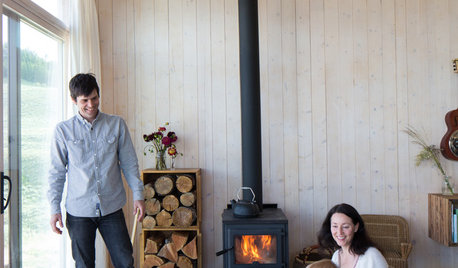
HOUZZ TOURSHouzz Tour: Family Builds Off the Grid Near the Cascade Mountains
Homeowners carefully construct a weekend home on 20 acres in remote northeast Washington
Full Story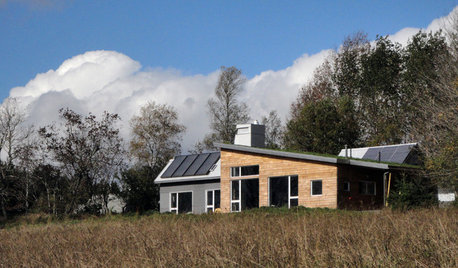
GREEN BUILDINGHouzz Tour: Going Completely Off the Grid in Nova Scotia
Powered by sunshine and built with salvaged materials, this Canadian home is an experiment for green building practices
Full Story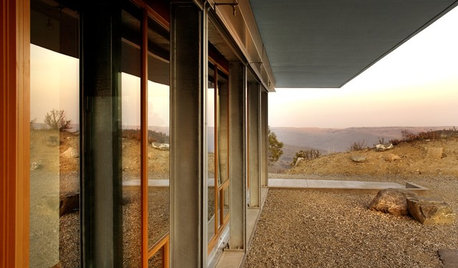
GREEN BUILDINGOff the Grid: Siting and Building to Conserve Energy
Look to low-tech solutions for big energy savings when you’re constructing a home
Full Story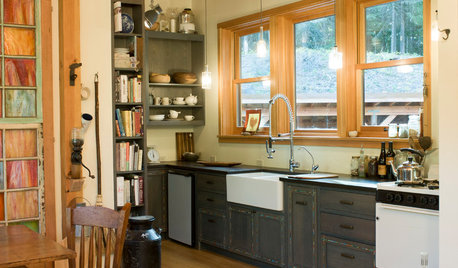
HOUZZ TOURSHouzz Tour: Off the Grid in the Remote Washington Wilderness
Not only does this house run on solar power, but it was built with it too
Full Story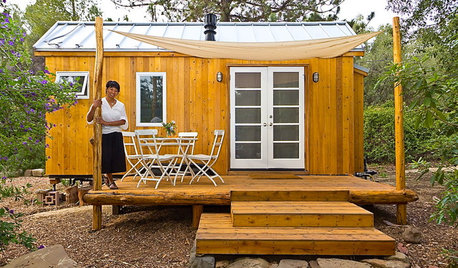
MOST POPULARHouzz Tour: Going Off the Grid in 140 Square Feet
WIth $40,000 and a vision of living more simply, a California designer builds her ‘forever’ home — a tiny house on wheels
Full Story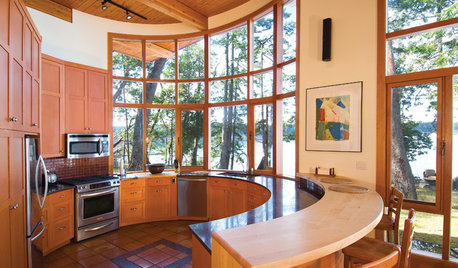
GREEN BUILDINGHouzz Tour: Off-the-Grid Island Home Circles a Sunny Courtyard
A circular home is a cozy spot for gardening, woodworking and plenty of reading
Full Story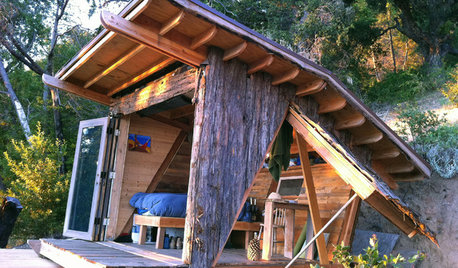
DREAM SPACESGreat Escape: A Tiny, Off-the-Grid Hideout in the California Woods
Covered in bark and topped by a living roof, this 90-square-foot retreat hides on its California hillside
Full Story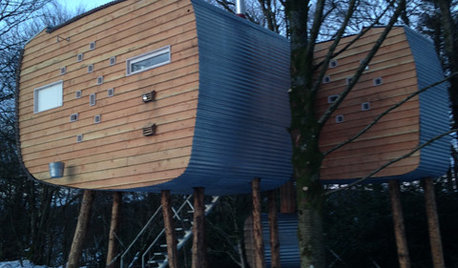
TREE HOUSESHouzz Tour: Off the Grid in a Treehouse Hideaway
This retreat for 2 is the epitome of peaceful seclusion
Full Story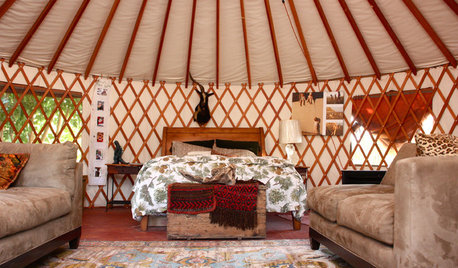
SHOP HOUZZShop Houzz: Off the Grid in a Glam Yurt
Unplug in a beautifully eclectic space with global flair
Full Story





David
momo7Original Author
Related Professionals
Alafaya Solar Energy Systems · Albany Solar Energy Systems · Glen Ellyn Solar Energy Systems · Maple Grove Solar Energy Systems · Rehoboth Solar Energy Systems · Richmond Solar Energy Systems · Santa Maria Solar Energy Systems · Rossmoor Home Builders · Albany Roofing & Gutters · Little Rock Roofing & Gutters · Mooresville Roofing & Gutters · Santa Fe Roofing & Gutters · Sarasota Roofing & Gutters · Ahwatukee Roofing & Gutters · West University Place Roofing & GuttersDavid
momo7Original Author
David
momo7Original Author
David
zver11